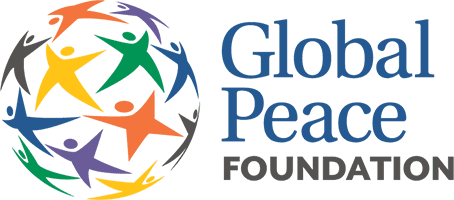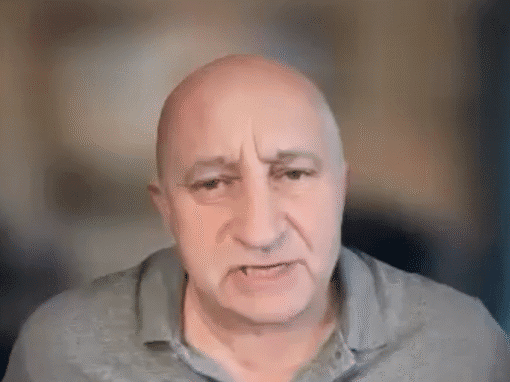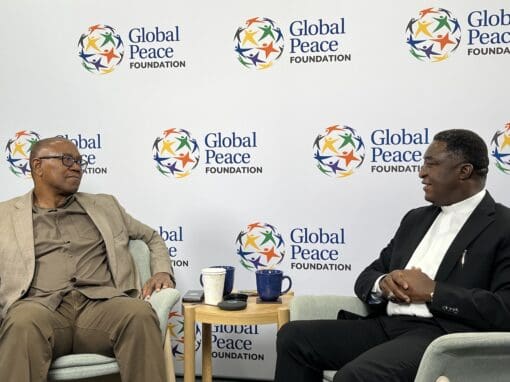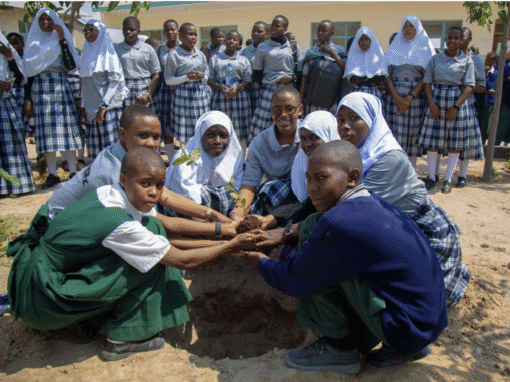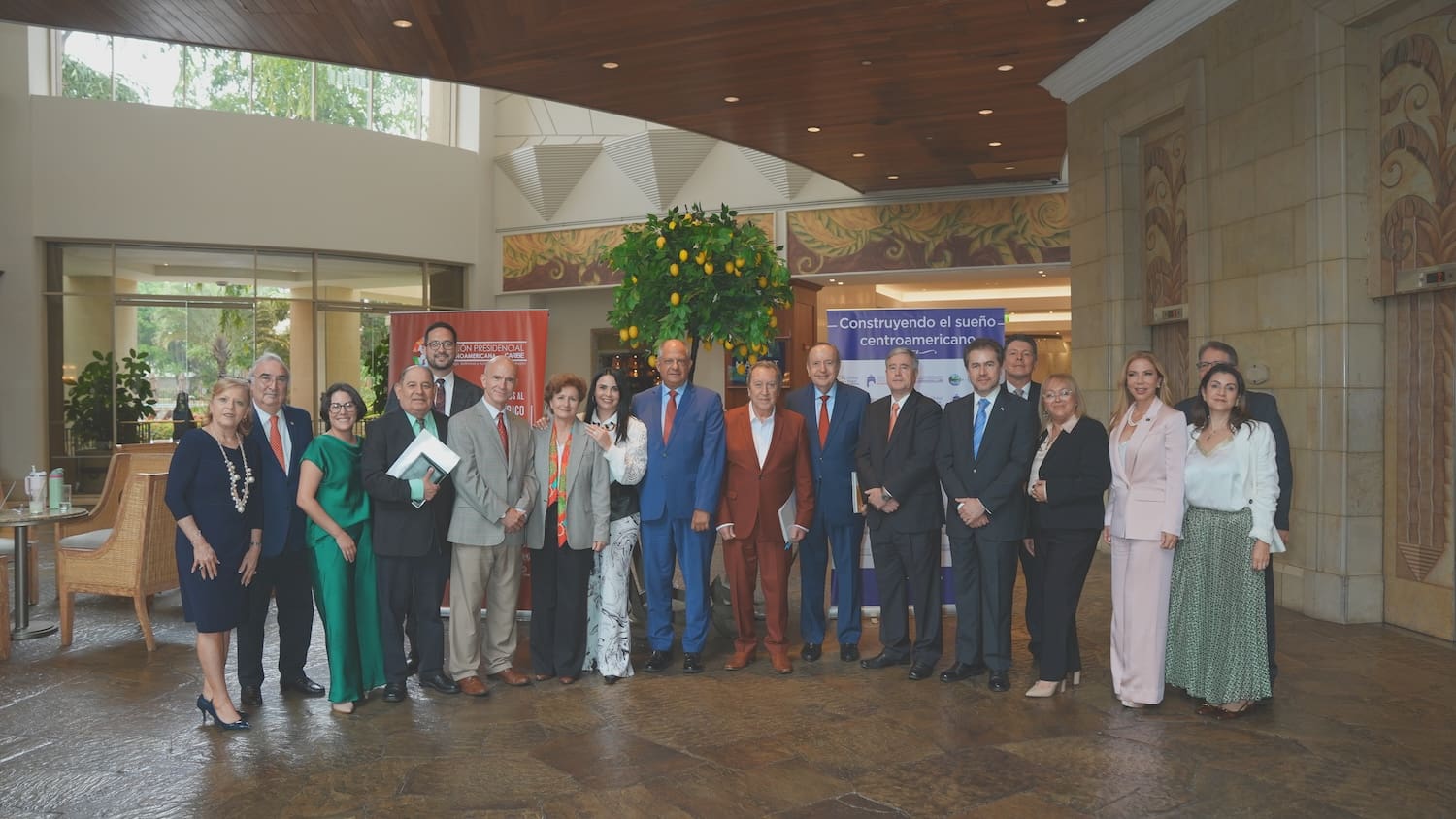
Official photo of the Strategic Forum “Latin America in the New Global Geopolitics,” held in San José, Costa Rica. The image features former presidents, experts, and representatives of regional and international organizations who took part in the event.
More than 150 high-level leaders gathered in San José for the Strategic Forum organized by the Latin American and Caribbean Presidential Mission.
July 2025, San José, Costa Rica—In a world where global powers compete for economic, technological, and diplomatic dominance, Latin America has yet to define a common path forward. From Costa Rica, a group of regional leaders has decided to change that narrative. More than 150 individuals—including former presidents, ambassadors, academics, and representatives of multilateral organizations—gathered at the Intercontinental Hotel in San José for the Strategic Forum: Latin America in the New Global Geopolitics.
Convened by the Latin American and Caribbean Presidential Mission, the event aimed to answer a critical question: What role should Latin America play in the new global order? The opening session featured Thomas Field, President of the Mission and Latin America Representative for the Global Peace Foundation, who emphasized the need for the region to act with its own vision and a proactive stance in the face of global challenges.
The forum brought together five prominent regional figures in person: former Costa Rican presidents Rafael Ángel Calderón, Miguel Ángel Rodríguez, and Luis Guillermo Solís; former Guatemalan president Vinicio Cerezo; and former Paraguayan vice president Luis Alberto Castiglioni. They agreed on the urgent need for a coordinated regional voice capable of strategically engaging with the most pressing global issues.
“With vision, responsibility, and unity, Latin America can—and must—be a relevant actor in the new global scenario,” stated Vinicio Cerezo. “Integration is no longer a romantic aspiration of the past—it is a historical necessity of the present.”
“I have always believed in the ‘Patria Grande,’ the great Latin American homeland envisioned by Bolívar,” said Rafael Ángel Calderón, reinforcing the forum’s call for deeper regional unity.
Miguel Ángel Rodríguez raised alarms about Latin America’s democratic backsliding: “We are worse off than we were 25 years ago,” he said, pointing to the increase in political prisoners as evidence. Yet, he expressed hope for the region to reclaim global leadership by drawing on its unique blend of democratic values, Greco-Roman and Judeo-Christian traditions, and Indigenous cultures—and partnering strategically with Europe to defend freedom and the rule of law.
Luis Guillermo Solís underscored the economic barriers to regional integration: “That cart won’t move forward on good intentions alone,” he warned, referring to the absence of compensation mechanisms between countries at different levels of development. Without strong economies and equitable access to dynamic markets, he argued, integration efforts will remain merely declarative and ineffective.
Former presidents Carlos Mesa (Bolivia) and Laura Chinchilla (Costa Rica) also contributed virtually, offering insights into Latin America’s position in a multipolar world. Both emphasized that any integration agenda must prioritize democracy, sustainable development, and shared leadership.
Dr. Evan Ellis, a research professor at the U.S. Army War College, delivered the keynote address. Ellis examined China’s growing influence in Latin America and the region’s strategic posture. In his view, the current challenge is not only economic or technological but geopolitical.
The forum addressed themes such as nearshoring, the energy transition, and the region’s limited presence in artificial intelligence. According to ECLAC, Latin America receives less than 2% of global investment in AI and produces only 0.6% of related academic publications.

From left to right: Olinda Salguero, Rafael Ángel Calderón, Josette Altmann, Miguel Ángel Rodríguez, and Luis Alberto Castiglioni during Panel 2 of the Strategic Forum Latin America in the New Global Geopolitics, held in San José, Costa Rica.
Key panelists included Olinda Salguero, Executive Vice President of the Mission; Josette Altmann, former Secretary-General of FLACSO; Carolina Rueda, from CAF – Development Bank of Latin America and the Caribbean; Rosmery Hernández, from the National University of Costa Rica; Alberto Mora, from the State of the Region program; and Francisco Rojas Aravena, Rector of the University for Peace. Virtual contributions came from Christian Asinelli, CAF’s Corporate Vice President of Strategic Programming, and Alberto Brunori, Executive Director of the EU-LAC Foundation. The forum was moderated by journalist Isabel Bucaram, a former CNN en Español executive.
“In a world that is rapidly transforming, taking the time to think together about Latin America is not a luxury—it is a strategic urgency,” said Olinda Salguero in her opening remarks. “Latin America, so often treated as the periphery, can now become a renewed center of ideas, solutions, and global relevance.”
Echoing that view, Josette Altmann argued that the structural changes facing the region require an educated and engaged citizenry. “The only way to achieve the transformations Latin America needs is through education,” she said. “A public that understands political processes and identifies their weak points is key to strengthening democracy. That is precisely why populist governments tend to slash budgets for education, health, and public policies that encourage critical thinking.”
The forum concluded with a reflection that captured its essence: the need to continue this collective effort with regional vision, analytical depth, and political commitment. In his closing remarks, Francisco Rojas Aravena, Rector of the University for Peace, noted that while the issues discussed were dense and complex, it is only through sustained dialogue that Latin America can shape its role in the new global architecture.
The Latin American and Caribbean Presidential Mission, along with its allied organizations, reaffirmed its commitment to advancing this agenda. In September, Guatemala will host the 12th edition of the Esquipulas Regional Forum, marking 40 years of democracy in Central America. And in 2026, Paraguay will host the third edition of the Latin American Ideas Forum, continuing to build strategic thinking from the south of the continent.
With participants from Paraguay, Costa Rica, Panama, and across the region, the forum reaffirmed that thinking collectively about Latin America’s global role is not a privilege — it is a strategic necessity. The diverse perspectives, shared insights, and commitment to meaningful integration confirmed that the path toward a more just, cohesive, and visionary region is already underway.

